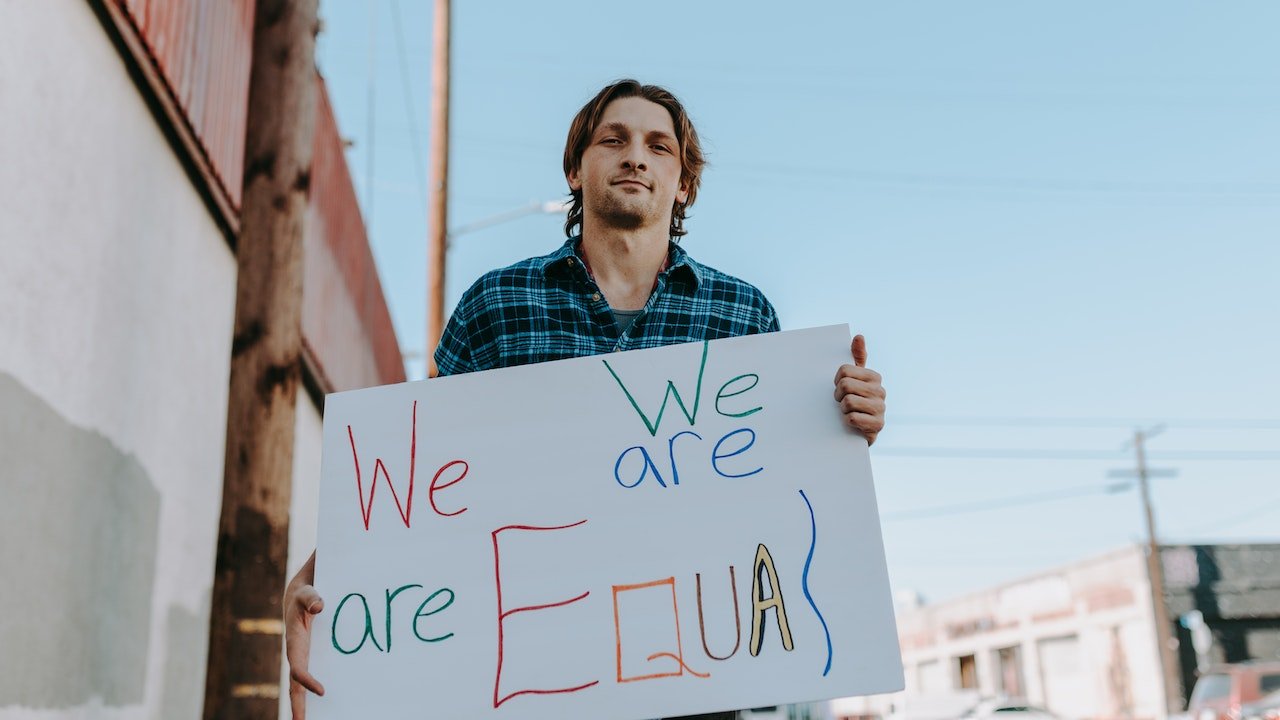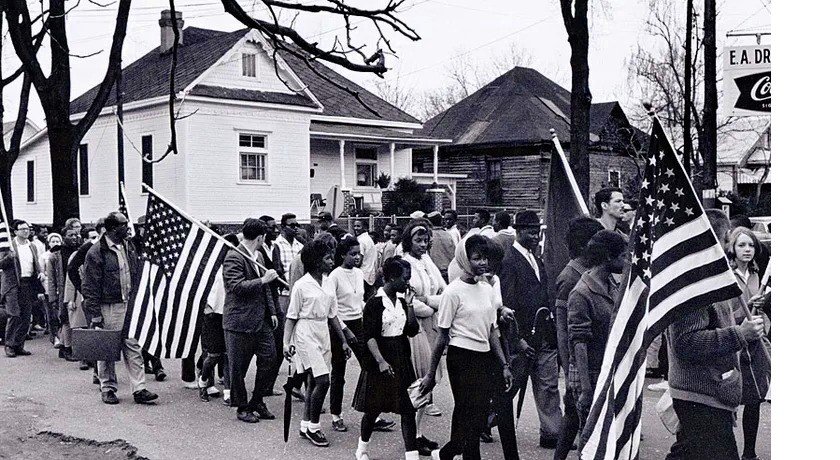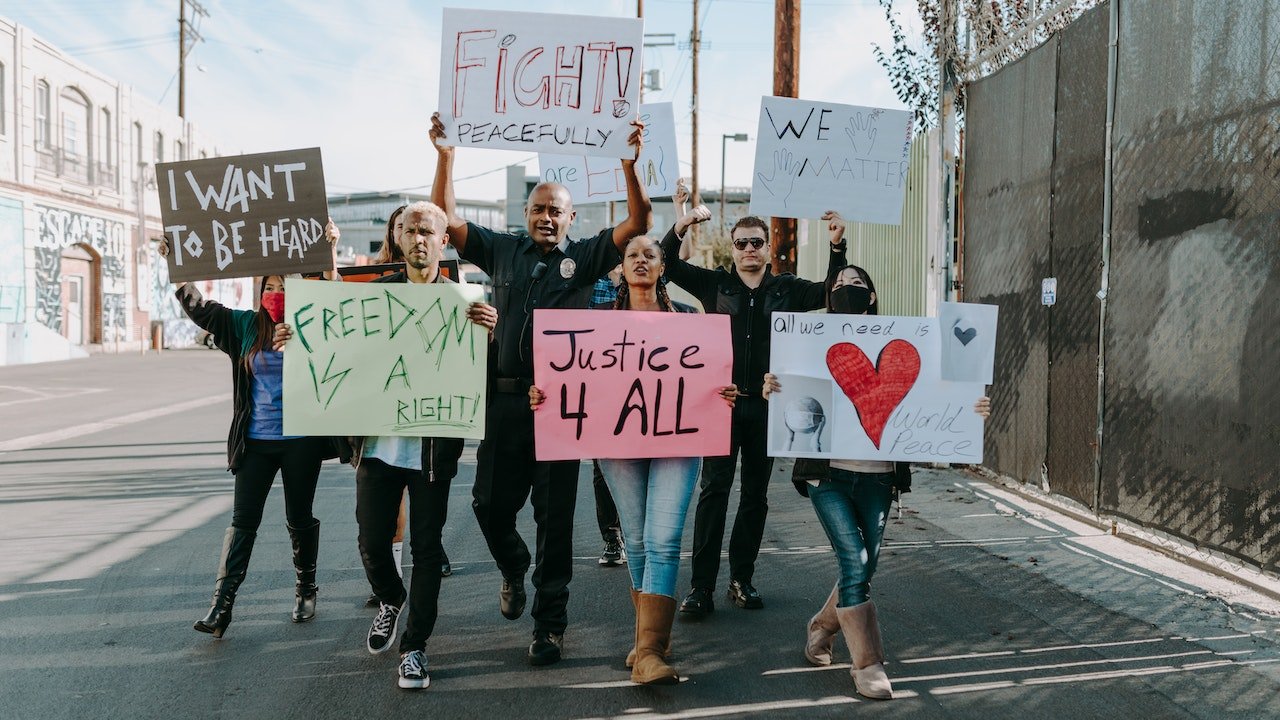A Full Guide to Understanding Your Civil Rights

Civil rights are the foundation of any democratic society. They are the rights that guarantee every individual’s equal treatment and protection under the law, regardless of their race, gender, religion, or other characteristics. In this comprehensive guide, we will explore the world of civil rights, their history, the different types, and how you can advocate for your rights. So, let’s embark on this journey to understanding your civil rights.
Historical Background
To comprehend civil rights fully, we must examine their historical context. The struggle for civil rights in the United States is deeply rooted in the fight against slavery, segregation, and inequality, dating back to the nation’s founding.
Founding Documents
The Declaration of Independence and the U.S. Constitution are the cornerstones of civil rights. These documents establish the principles of freedom, equality, and justice, which have guided the nation throughout its history.
Key Civil Rights Movements
Throughout history, numerous civil rights movements have played a pivotal role in shaping the nation. These include the Civil Rights Movement of the 1960s, the Women’s Suffrage Movement, and the LGBTQ+ rights movement, among others.
The Core Principles of Civil Rights
Civil rights are built on fundamental principles such as equal protection under the law, due process, and the prohibition of discrimination. These principles serve as the bedrock of civil rights legislation.
Legal Foundations
The legal foundations of civil rights are enshrined in federal laws and court decisions. Prominent laws like the Civil Rights Act of 1964 and the Voting Rights Act of 1965 have significantly impacted the protection of civil rights.
Civil Rights vs. Civil Liberties
It’s essential to differentiate between civil rights and civil liberties. While civil rights are focused on equal treatment, civil liberties refer to personal freedoms and limitations on government interference, such as freedom of speech and religion.
Key Civil Rights Amendments
Amendments to the U.S. Constitution, such as the 13th, 14th, and 15th Amendments, are central to understanding civil rights. They abolished slavery, granted equal protection, and safeguarded voting rights.
Read More: The Role of Civil Rights Laws in Combating Police Brutality 2023
The Role of the Federal Government
The federal government plays a crucial role in safeguarding civil rights. Federal agencies like the Department of Justice and the Equal Employment Opportunity Commission enforce civil rights laws.
Discrimination and Equal Protection
One of the core issues civil rights addresses is discrimination. We’ll delve into different forms of discrimination and how the law protects individuals from it.
Voting Rights
Voting is a fundamental civil right, and ensuring equal access to the ballot box has been an ongoing battle. We’ll discuss the history and significance of voting rights.
Education and Civil Rights
Education is a pathway to opportunity, and civil rights laws aim to provide equal educational opportunities for all. We’ll explore the impact of civil rights on education.
Workplace and Employment Rights
Civil rights extend to the workplace, protecting employees from discrimination and ensuring fair treatment. We’ll discuss employment-related civil rights issues.
The Role of Advocacy Groups
Advocacy groups play a pivotal role in upholding and promoting civil rights. These organizations are dedicated to advocating for the rights and equal treatment of individuals, often focusing on specific issues or communities. They work tirelessly to raise awareness, lobby for legislative changes, and engage in grassroots activism.
Whether it’s advocating for racial equality, LGBTQ+ rights, or disability rights, advocacy groups serve as powerful voices for those who might otherwise go unheard. Their efforts are instrumental in driving social change, challenging discrimination, and advancing the cause of civil rights in society.
Read More: Civil Rights Laws and Affirmative Action: Promoting Diversity 2023
Conclusion
In conclusion, this comprehensive guide has provided an extensive overview of civil rights, from their historical foundations to their legal underpinnings and contemporary significance. Understanding your civil rights is not only an essential aspect of active citizenship but also a means of fostering a more just and equitable society. These rights, enshrined in the nation’s founding documents and embodied in key amendments, serve as a beacon of hope for individuals striving for equality and justice.
As we navigate the complexities of modern society, it is crucial to appreciate the ongoing struggles and victories of various civil rights movements and the enduring commitment of advocacy groups. This guide serves as a valuable resource for those seeking to comprehend and champion civil rights, ensuring that these fundamental principles remain at the forefront of our collective journey toward a fair and inclusive world.
FAQs
What are civil rights?
Civil rights are the fundamental rights and freedoms that protect individuals from discrimination and ensure equal treatment under the law.
How do civil rights differ from civil liberties?
Civil rights focus on equal treatment, while civil liberties pertain to personal freedoms and restrictions on government interference.
What are some key civil rights amendments?
Key civil rights amendments include the 13th Amendment (abolishing slavery), the 14th Amendment (equal protection), and the 15th Amendment (voting rights).
What role does the federal government play in safeguarding civil rights?
The federal government enforces civil rights laws through agencies like the Department of Justice and the Equal Employment Opportunity Commission.
How can I get involved in advocating for civil rights?
You can get involved in advocating for civil rights by joining advocacy groups, participating in community initiatives, and staying informed about civil rights issues in your area.












One Comment